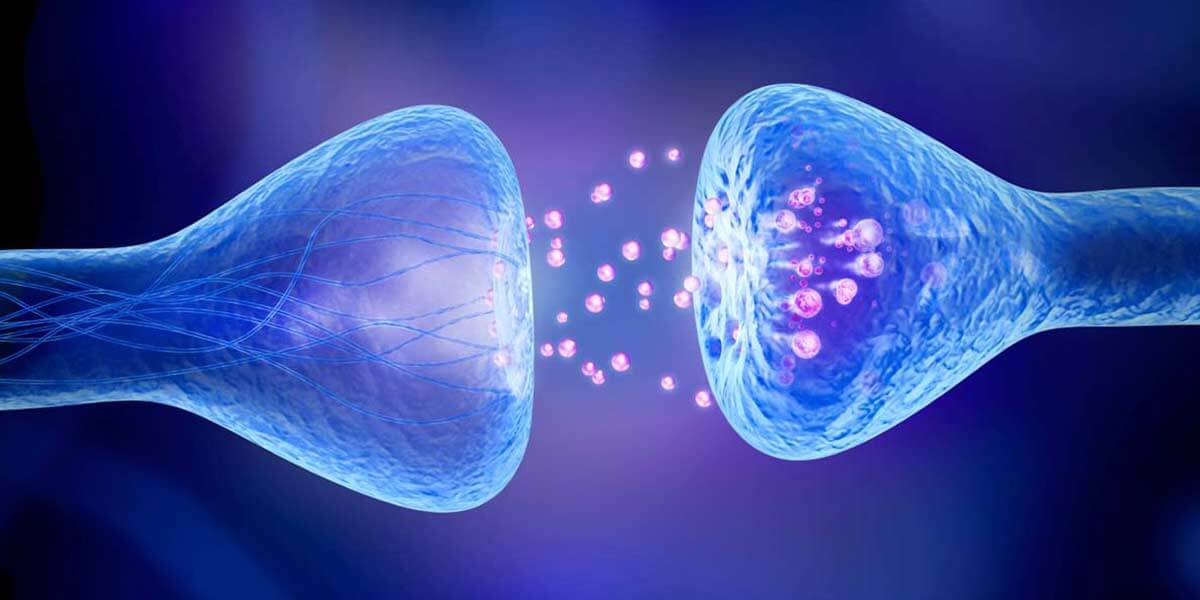Trigeminal Nerve Damage Treatment

Injuries to the inferior alveolar nerve (IAN) and the lingual nerve are relatively uncommon events. However, there are certain routine surgical and non-surgical procedures that have the potential for injuring these neural structures. Surgical removal of impacted wisdom is by far the most commonly performed procedure that has a known risk of nerve injury. Other procedures such as root canal treatment, local anesthesia injections and corrective jaw surgery have also been associated with injury to the IAN or lingual nerve. Lower jaw implants that are placed too close to the nerve can also result in nerve injury. Injury to sensory nerves of the face and tongue result in altered sensation in the lips and tongue.
While most episodes of postoperative altered sensation resolve spontaneously, some patients will have more significant injuries that may require treatment in a timely fashion. Those rare injuries that do not demonstrate improvement after a period of time may require surgical treatment to facilitate neural healing and recovery. In that instance the goal of surgery is to remove impediments to neural healing (scar tissue) and reestablish neural continuity. This usually requires a microsurgical dissection and repair that can be accomplished trans-orally without an external scar. If these more complicated nerve injuries are addressed in a timely fashion most patients experience an improvement in the level of sensory function after several months.
NYCOMS has 3 convenient locations in NYC, West Islip and Lake Success. Contact us today to request an appointment.
